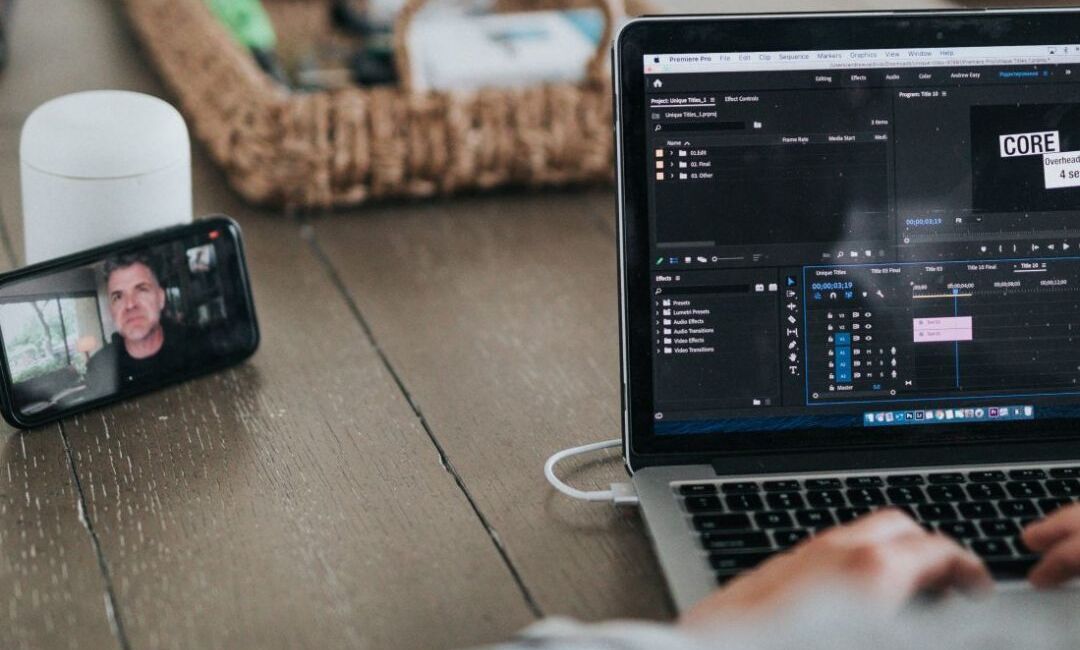We are all living in a fascinating real-time shift in the way we identify with technology.
Moving past our “future shock”

Once the coronavirus pandemic is all over, the world will be changed in many ways. One will undoubtedly be our attitude towards Zoom (or FaceTime, GoTo Meeting, or any of the other video services commonly being used as we social distance ourselves). We are all living in a fascinating real-time shift in the way we identify with technology.
Anxious adopters
Since at least the industrial revolution, people have had a fraught relationship with technology. While there are always a few early adopters out there anxiously awaiting a future of personal jetpacks, and a similar number of others who yearn to return to simpler times, most of us are somewhere in the middle: incorporating whatever new technology impacts our lives when it becomes too hard to ignore or it becomes useful.
Technology tends to make us uneasy. It seems to advance at breakneck speed as we hang on for dear life. Here’s a quote from an Economist article on our typical view of technology:
The New York Times sums up the encroaching gloom. “A mood of pessimism”, it writes, has displaced “the idea of inevitable progress born in the scientific and industrial revolutions.” Except those words are from an article published in 1979. Back then the paper fretted that the anxiety was “fed by growing doubts about society’s ability to rein in the seemingly runaway forces of technology.”
Our anxiety about technological advancement isn’t new. In fact, there’s even a term for it: future shock – a phrase that itself is 50 years old.
A digital moment
But despite all our concerns about technology stealing jobs and elections, ruining civil discourse and attentions spans, and generally causing a never-ending litany of problems, there are occasions when things all come together at the right time. I would argue that that time is now for technology that enables us to communicate and collaborate remotely, and effectively. I underlined that last part because the stuff that we’re using—smartphones, video, remote-work platforms—aren’t cutting-edge. They’ve been there, ready for anyone who wishes to use them. What has changed is that we’ve now all been forced to use them on a day-to-day basis, and this daily use is going to continue for the foreseeable future.
We are all part of an experiment in how remote-work technology impacts how we do our jobs when we can’t physically meet. As this article in Time suggests, “video chat is having a moment.” Far from keeping us isolated, technology, as one app founder notes, allows us to “…build communities when we are no longer together.” This sudden migration to video, group collaboration tools like Slack and Teams, and shared digital resources online—all from devices we can hold in our hands—is unprecedented.
Learning to live with it
So, while we continue to concern ourselves with many difficulties the pandemic presents—technological or otherwise—it’s a good opportunity to appreciate how and why we can continue working at all. Yes, people staring at their phones all the time is annoying. Yes, social media spreads misinformation. Yes, the rapid pace of new technology can and does displace jobs. All these things are true, but it’s also true that these very same technologies provide us the benefit of being together in a way that would have been impossible had this crisis occurred at any other time in history.
Technology, like a virus, doesn’t have agency. It isn’t good or evil. It evolves and we learn to live with it. That can be frightening and liberating. I’ll end with another quote from the Economist article:
The technological transformation since the Industrial Revolution has helped curb ancient evils, from child mortality to hunger and ignorance. Yes, the planet is warming and antibiotic resistance is spreading. But the solution to such problems calls for the deployment of more technology, not less. So as the decade turns, put aside the gloom for a moment. To be alive in the tech-obsessed 2020s is to be among the luckiest people who have ever lived.